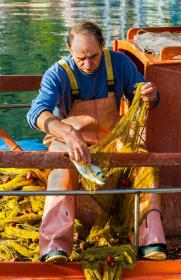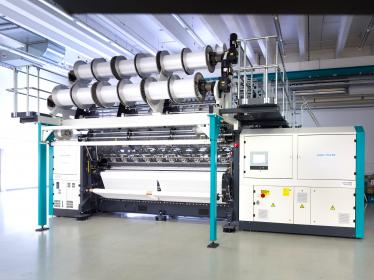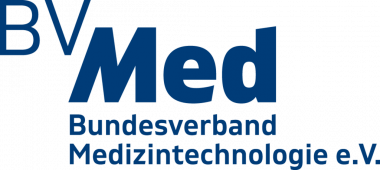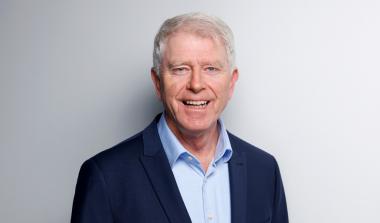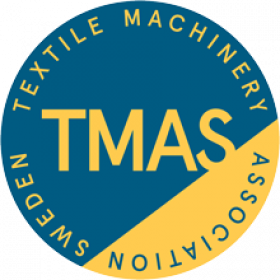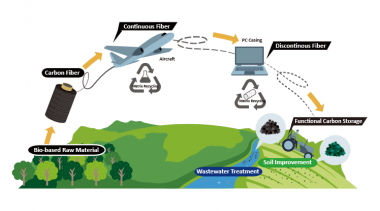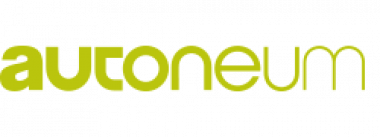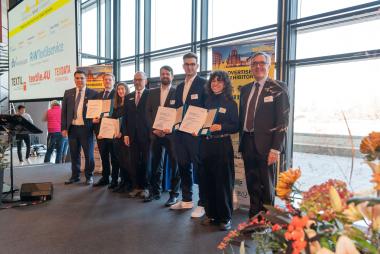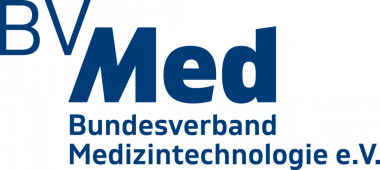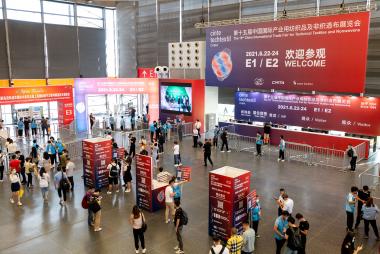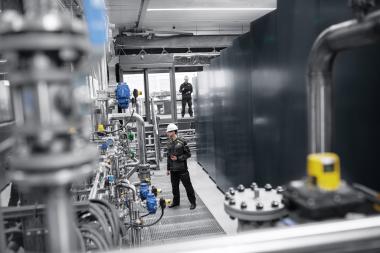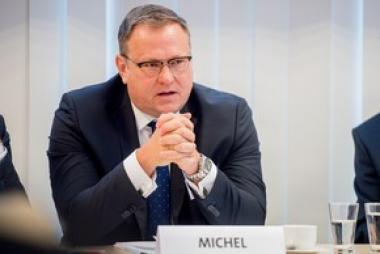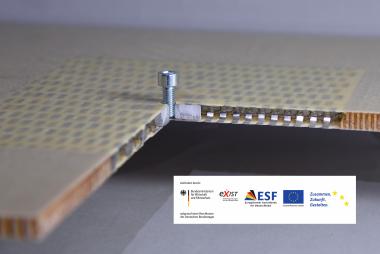Re-Zertifizierung für alle Medizinprodukte abschaffen
Der Bundesverband Medizintechnologie (BVMed) unterstützt die Vorschläge der Europaabgeordneten Prof. Dr. Angelika Niebler und Dr. Peter Liese zur grundlegenden Änderung der EU-Medizinprodukte-Verordnung (MDR). Anlässlich der Verabschiedung einer weiteren Änderungsverordnung der europäischen MDR- und IVDR im EU-Parlament am 25. April 2024 forderten die Abgeordneten „einen sehr großen Schritt“ und eine „Entbürokratisierung ohne Abstriche bei der Sicherheit“. Der BVMed setzt sich unter anderem dafür ein, die fünfjährige Re-Zertifizierungspflicht für alle Medizinprodukte abzuschaffen, nicht nur für niedrige Klassen.
Die bei Medizinprodukten generell vorgesehene Re-Zertifizierung nach 5 Jahren enthalte keine neuen Prüfungsinhalte und erzeuge lediglich unnötige Bürokratie und Kosten sowohl auf Seiten der Industrie als auch bei den Benannten Stellen, so die Argumentation des BVMed. Darüber hinaus könne die Benannte Stelle bei Bedenken gegen ein Produkt das entsprechende Zertifikat jederzeit suspendieren oder widerrufen.
Der BVMed begrüßt insbesondere die Aussage der beiden Europaabgeordneten, dass "jetzt dringend mehr Tempo bei der Behebung der Probleme mit der Medizinprodukteverordnung" gefordert sei und die Verordnung „von Grund auf geändert werde“ müsse. Liese betonte in einer Stellungnahme, dass es "extrem wichtig", sei, "dass die Kommission erklärt hat, die Medizinprodukteverordnung substantiell zu ändern", denn die EU-Institutionen seien "über das Ziel hinausgeschossen".
Die EVP-Abgeordneten Niebler und Liese setzen sich in ihrem Forderungskatalog unter anderem für die Abschaffung der fünfjährigen Re-Zertifizierung für Produkte mit geringem Risiko, für Fast-Track-Verfahren für „Orphan Devices“, Nischenprodukte und Innovationen und für Entbürokratisierung, Standardisierung und Harmonisierung durch die Bildung einer zentralen Struktur ein.
Der BVMed hatte bereits im Herbst 2023 gemeinsam mit dem Verband der Diagnostika-Industrie (VDGH) eine umfangreiche Problemanalyse und detaillierte Lösungsansätze zur strukturellen Weiterentwicklung des regulatorischen Systems in einem MDR/IVDR-Whitepaper vorgelegt.
Bundesverband Medizintechnologie (BVMed)





